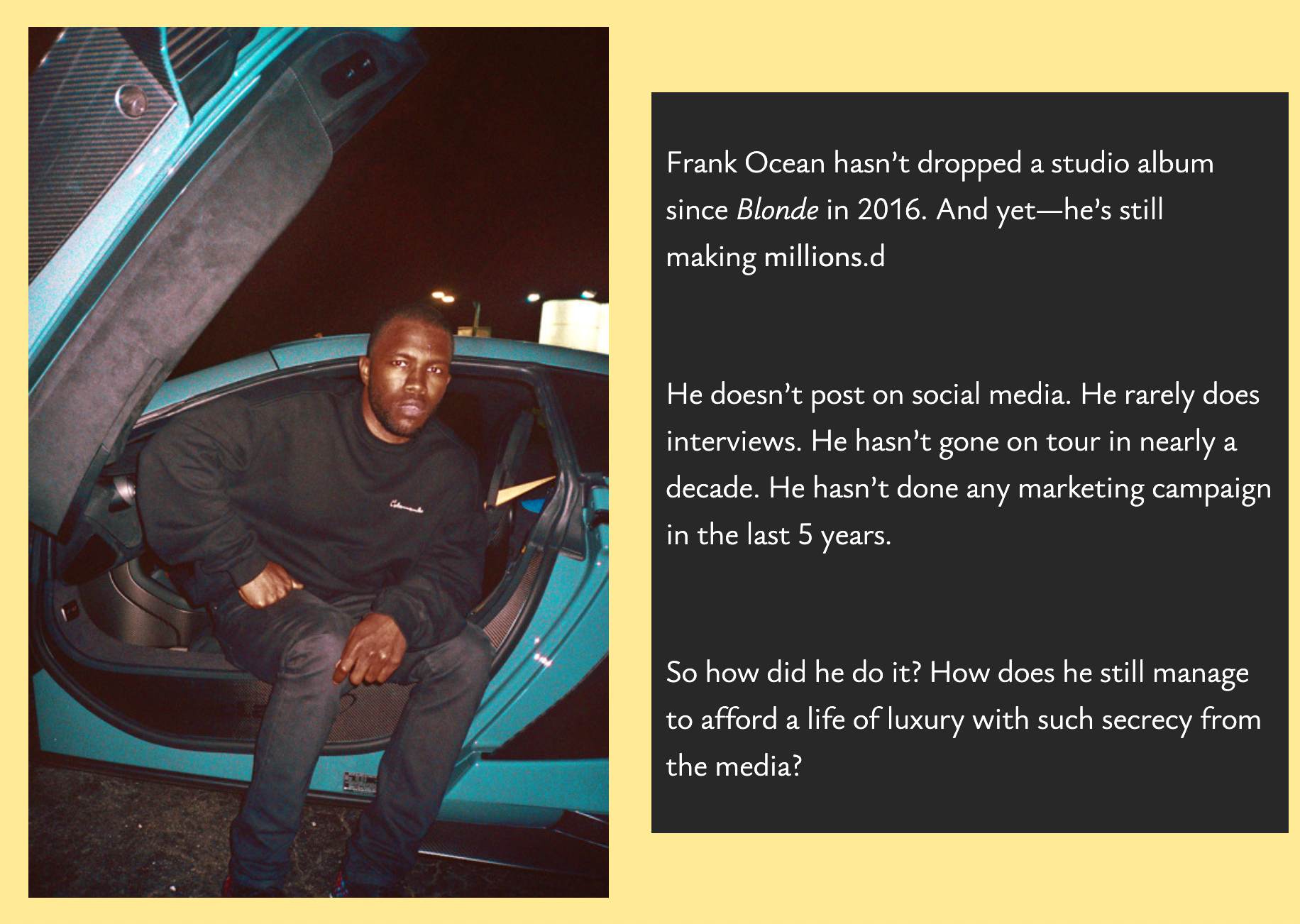And how he pulled off a $20 million heist on the music industry.
July 2012 – Channel Orange Sparks a Cultural Shift
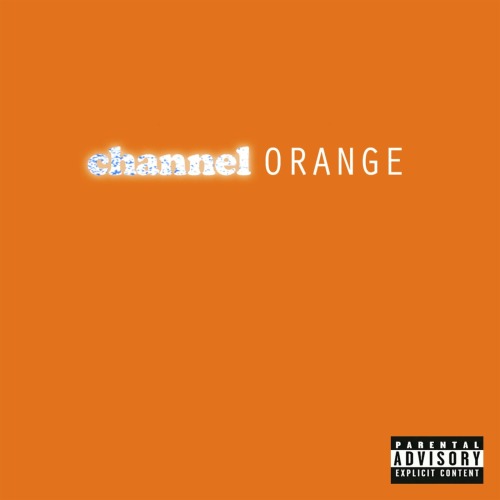
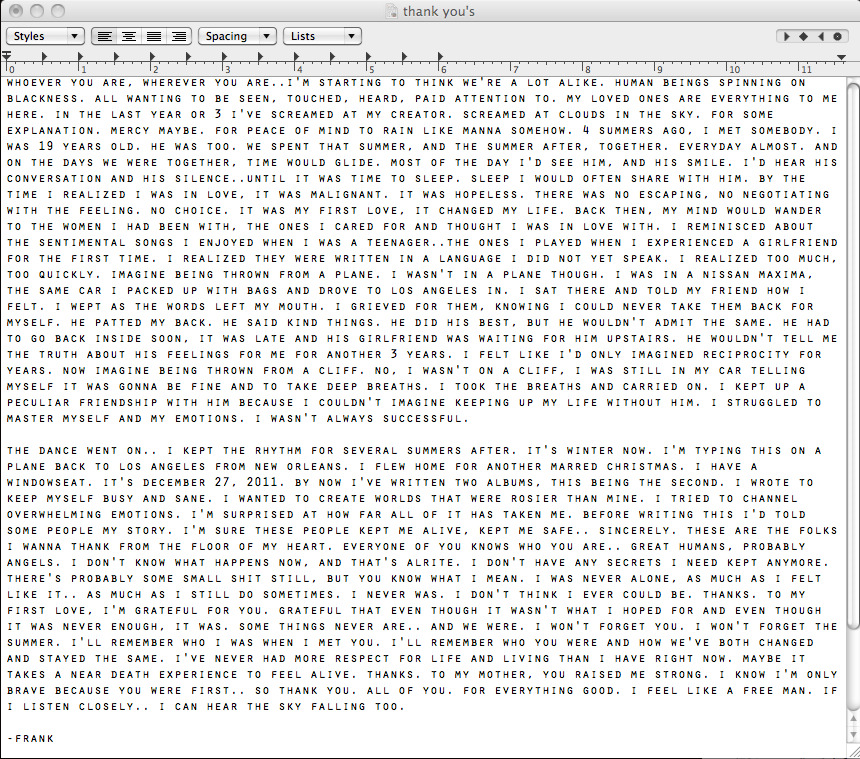

Frank Ocean’s debut studio album, Channel Orange, released in July 10, 2012, by Def-Jam Recordings, keep this name in mind for later, sold 131,000 copies in its first week and earned widespread acclaim for its lush production and personal themes, including his coming-out confession posted on Tumblr. The album cemented Ocean’s status as both a critical darling and a mainstream innovator, paving the way for his next big move.
August 2016 – The Two‑Step Escape
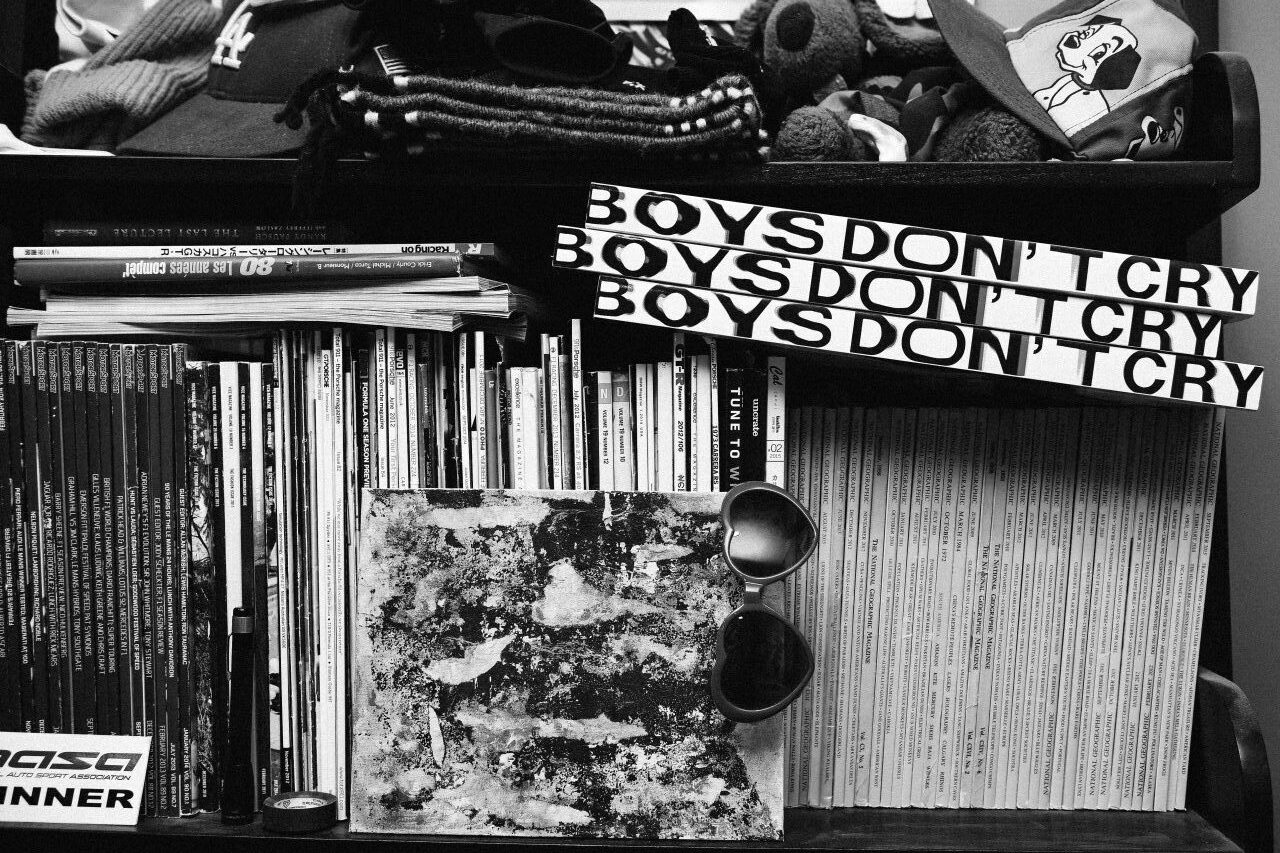
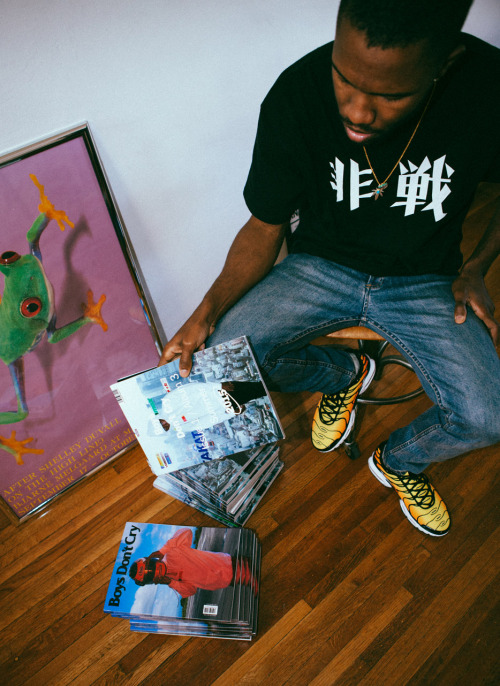
April 2015, Ocean logs on to Tumblr to post this photo (seen on the left). In the caption, he writes: “I got two versions. I got twooo versions…”.
The two versions that he was referring to were the two versions of Blonde that he would release on that same week.
On August 19, Frank released Endless, a 45-minute visual album streamed exclusively on Apple Music, which fulfilled his contract.
And of course, on August 20 – Blonde, dropped under his own imprint, Boys Don’t Cry, independent of Def Jam
This deft maneuver allowed him to sidestep label control and keep full ownership of a platinum-selling album—a move insiders (including A$AP Rocky) called a $20 million heist.
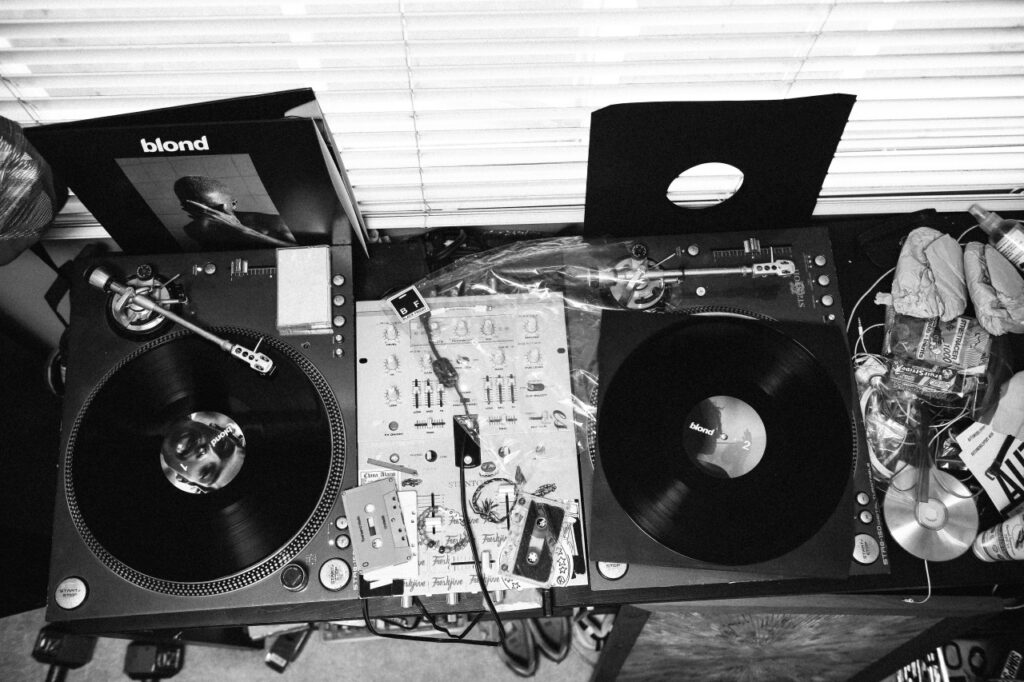
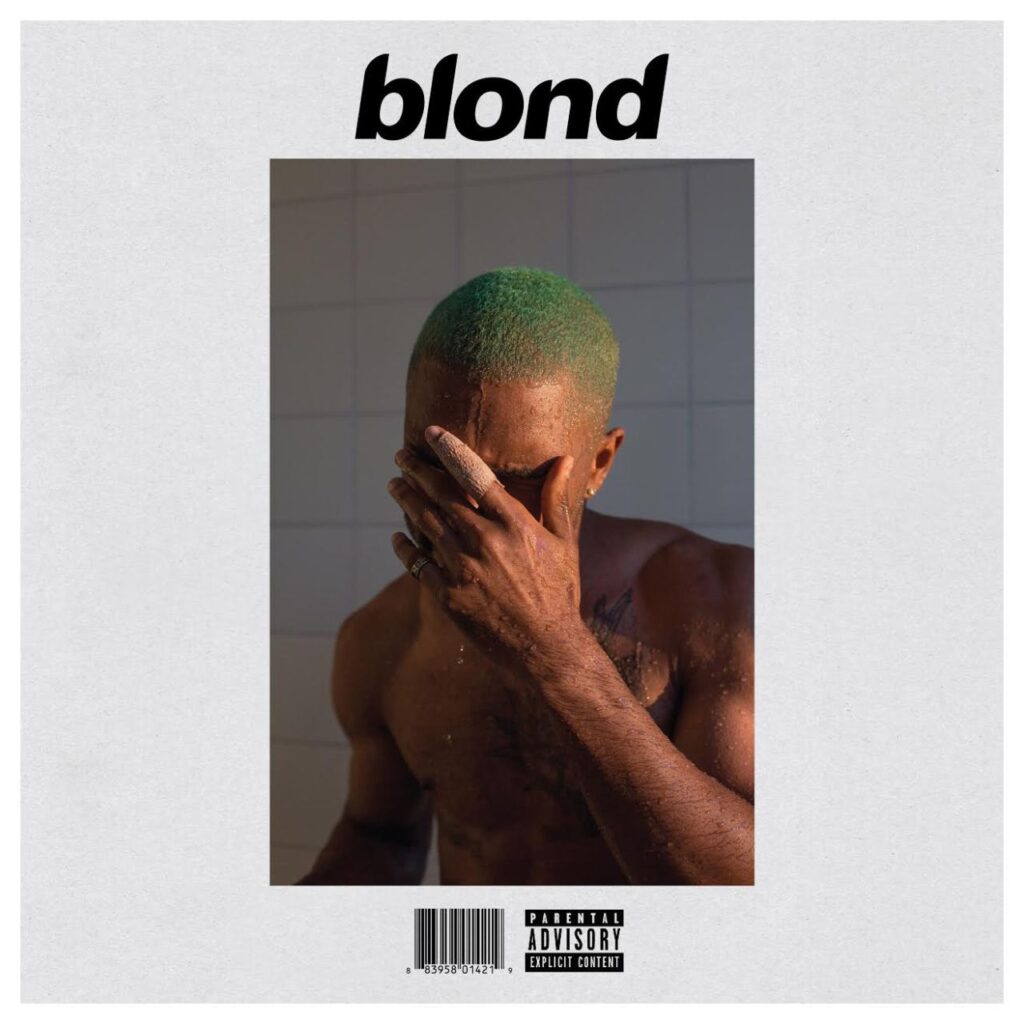
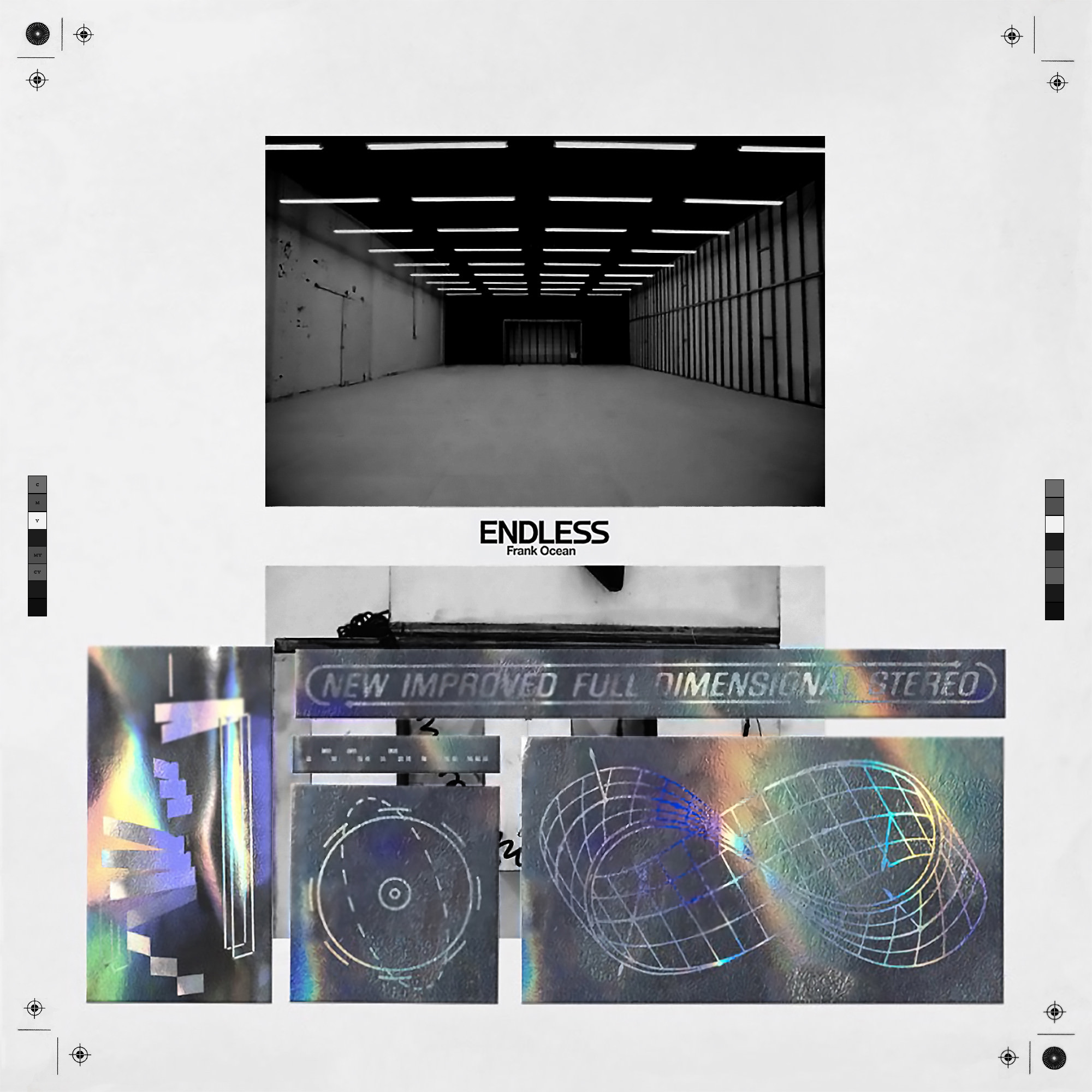
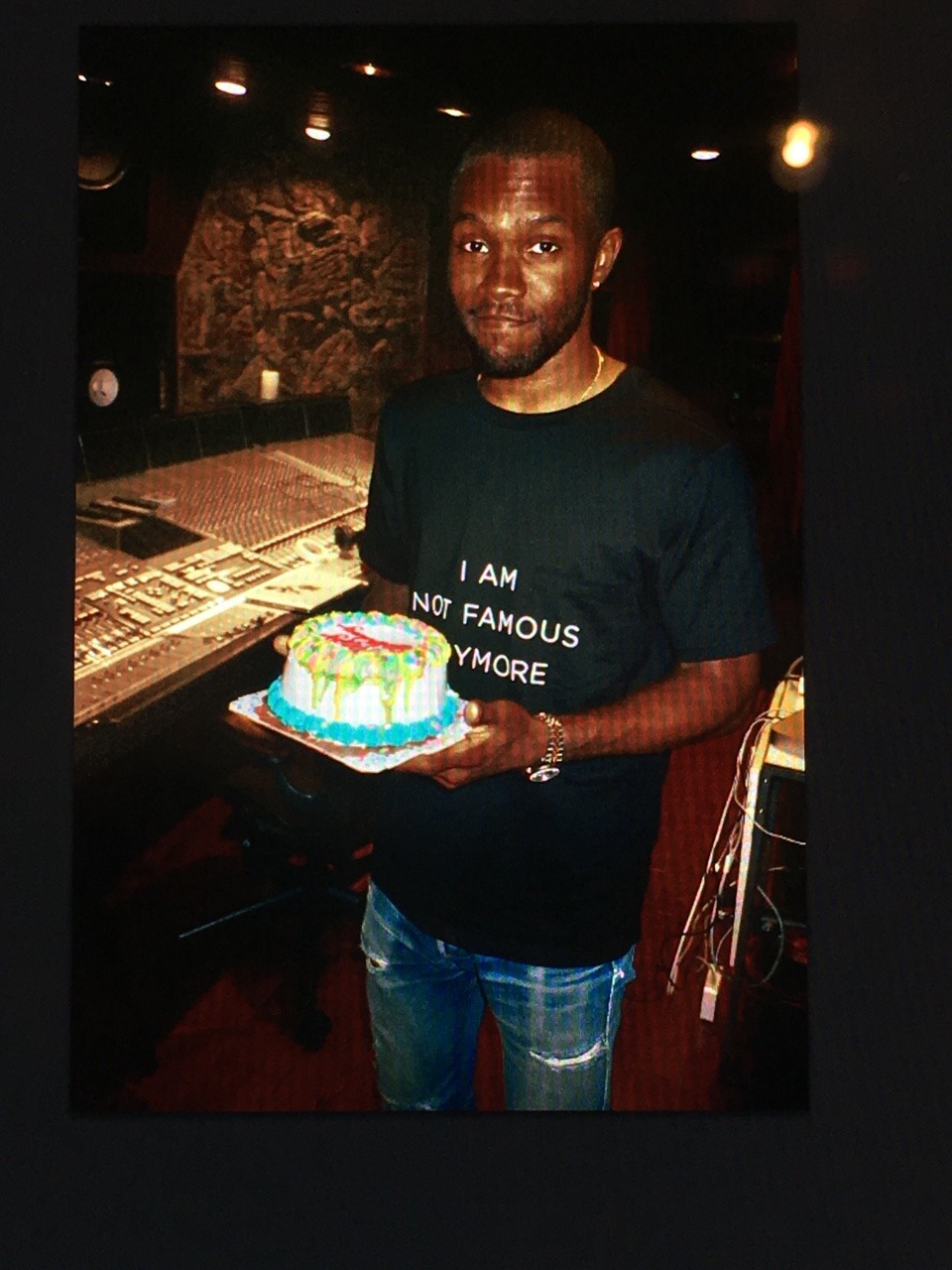
Why it matters? – A blueprint for Independence
By self-releasing Blonde, Ocean retained all the rights and most importantly, ALL THE REVENUE! which = cash. Cha-ching! He wasn’t playing the game for just a 15% royalty.
Because of Blonde he paved the way for a new way of thinking, a business model that was separate from the record labels: The Streaming-First Model.
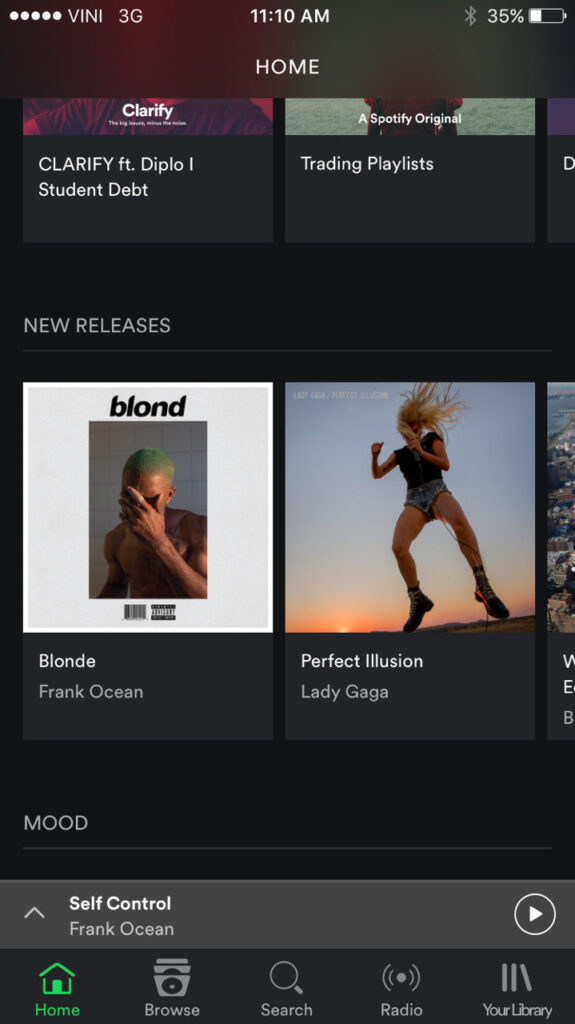
So what exactly is the Streaming-First Model?
Well the plan for Ocean was pretty straight-forward:
- Make a name for myself. On preferably, the internet. Why? Because the internet is not just nationwide, but worldwide. Oh yeah, it also runs 24/7.
- Upload it to the internet. (Spotify, Soundcloud, Apple Music)
- Escape the chains of the record label.
- People stream my music. I get paid for every stream.
This new way of creating, uploading and earning music through streams was genius.
His catalog now delivers him passive income—Spotify arlone generates an estimated $500K+ annually, and his music is timeless, sometimes still even making appearances and still topping the charts. So imagine the amount of streams on that. Let’s say he gets $0.004 per stream, according to Google, now let’s add that up with his most popular song, Pink + White, that’s a rough estimate of about $7,421,815 for that one song, and the number of streams increase every single day, every single time somebody new comes along and discovers his music, every single second, minute, hour, anywhere in the world. Crazy right? And couple that up with his limited merch and rare vinyl drops on Blonded.co and all his earnings from Homer (his jewelry brand) he can easily live a full life without ever releasing music ever again. He’s free.
The Industry Aftershock
Frank Ocean’s label escape spiraled in a domino effect, it wasn’t just clever—it was disruptive.
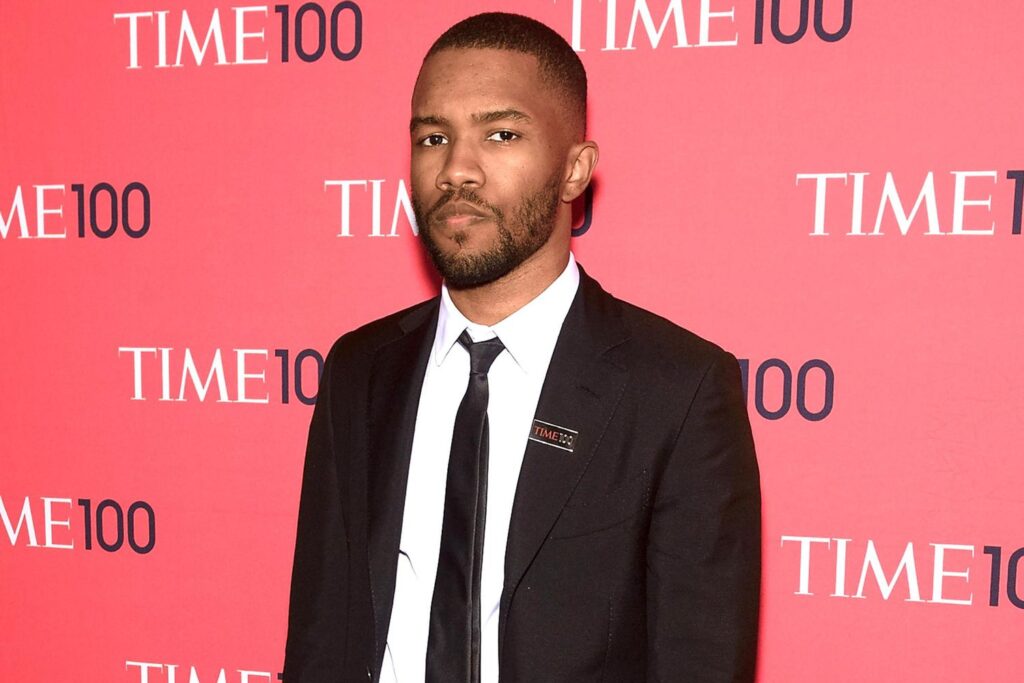
Earlier in his career, he had signed a record deal with Def Jam allowing him to drop his albums every four years, this was to ensure quality over quantity, Def Jam, unbeknownst to them, agreed. Four years later, he signed an alleged $15M with Apple Music to drop Endless, an Apple Music exclusive video/visual album to fulfill his Def Jam contract. What Def Jam didn’t know about was his other deal – his second version, to which he signed $20 million dollars for it to be an exclusive 3 week Apple Music release, which we now know as Blonde, releasing independently just 24 hours after he released Endless.
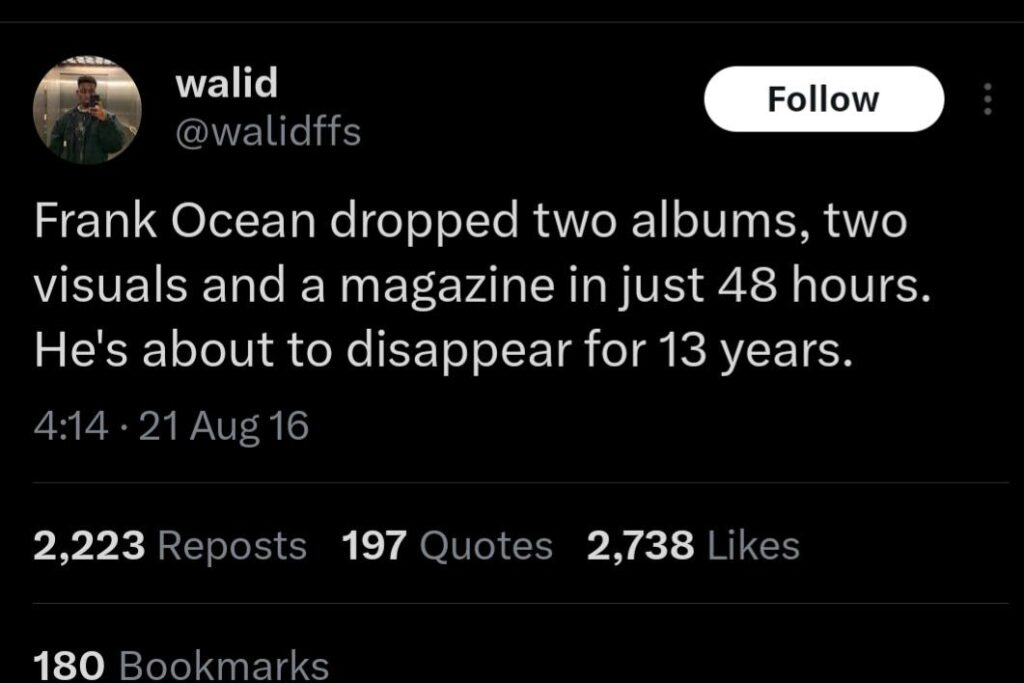
This move triggered a swift reaction: Universal Music banned exclusive streaming deals shortly after, fearing a repeat. More importantly, Ocean’s strategy proved artists could bypass traditional gatekeepers, keep ownership, and still make millions. The old industry model was dead, it was time for a new shine through Blonde. A strategy that pushed and built on a new template: retain ownership, leverage attention, and partner on your terms.
A new model was born. Artists like Taylor Swift, who re-records her older albums under her own name or Tyler, the Creator and Brent Faiyaz who have exclusive license to their music. Giving the artist control on the music, while the record label control on distribution. A big reason why most newer records will often include this text below them:

or

and not

This is the ecosystem Frank Ocean made possible — one where silence can be strategic, control is non-negotiable, and the artist owns the final word. He didn’t just beat the label system.
He made it obsolete.
Been living
in an idea
AN Idea from another man’s mind…
maybe i should
move.
